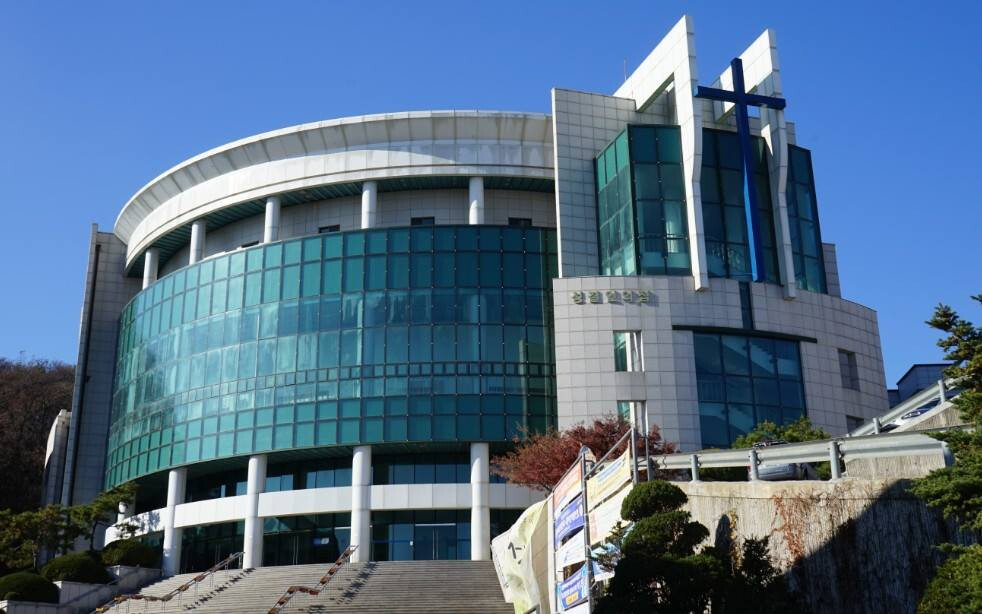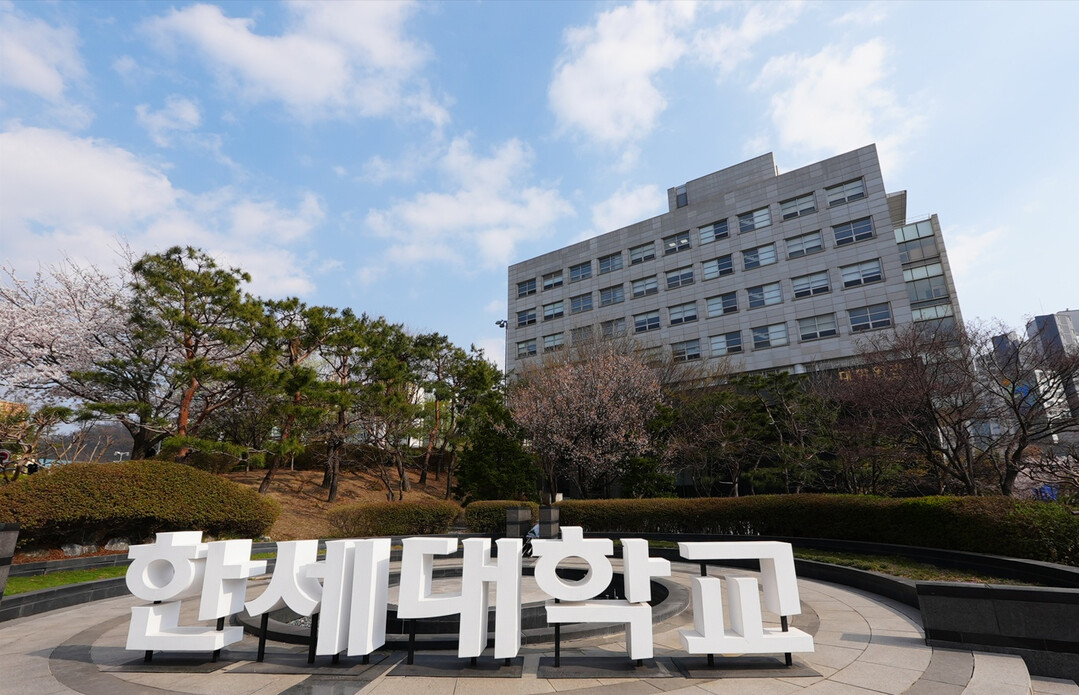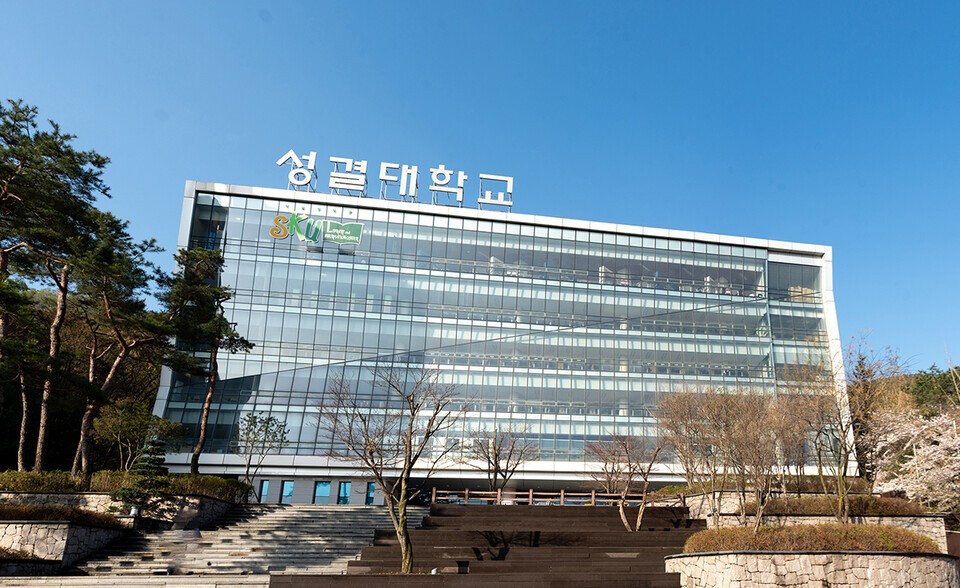
ANYANG, KOREA – The Western Gyeonggi Consortium of universities, comprising Sungkyul University and Anyang University in Anyang City, Hansei University in Gunpo City, and Seoul Theological University in Bucheon City, has been finally selected for the 'Regional Innovation System & Education (RISE)' project, organized by the Ministry of Education and Gyeonggi Province. This marks a successful first step for a new higher education model where local universities collaborate with local governments to lead regional industrial development and talent cultivation.
With this selection, the consortium will receive at least 7.5 billion won in national and provincial funding over the next five years. This substantial financial support will be intensively invested in establishing a customized lifelong vocational education system that reflects the actual needs of the western Gyeonggi region, and in nurturing key talent for the sustainable development of local industries.
Focusing on Four Specialized Fields Under the 'Gyeonggi Western Vocational Education Nexus (GWN)' Vision
The Western Gyeonggi Consortium, under the ambitious vision of 'Gyeonggi Western Vocational Education Nexus (GWN)', will concentrate its efforts on fostering professional talent in four core areas linked to regional specialized industries. The four selected fields are:
Smart City: This field utilizes advanced technologies to enhance urban efficiency and quality of life, requiring expertise in data analysis, AI-based urban management, and eco-friendly energy systems.
Smart Distribution & Logistics: This field maximizes the efficiency of distribution and logistics systems using digital technologies, requiring capabilities in supply chain management (SCM), smart warehousing systems, and AI-based delivery optimization.
Smart Manufacturing Innovation: This field applies Fourth Industrial Revolution technologies to manufacturing processes to increase productivity and ensure flexibility, with smart factory construction, robot automation, and big data-based production management as key aspects.
Smart Information Security: This field addresses the rapidly increasing cyber threats in the era of digital transformation and protects information assets, with network security, cloud security, and personal information protection technologies being crucial.
These universities plan to accelerate the development of professionals suitable for the Digital Transformation (DX) era, focusing on these specialized fields, and strive to build a sustainable lifelong vocational education ecosystem where industry, universities, and local communities can thrive together. This aims to go beyond simple talent development to strengthen the competitiveness of regional industries and drive a virtuous cycle for the sustainable growth of the local community.

Individual University Specialization Strategies: Driving Regional Development Through Synergy
Each university participating in the consortium will perform specialized roles, leveraging their strengths and regional characteristics to create synergy.
Sungkyul University: Hub University for 'Smart Distribution & Logistics' and Lifelong Learning Platform Establishment Sungkyul University will primarily serve as a hub university in the 'Smart Distribution & Logistics' sector, focusing on enhancing AI and digital-based Supply Chain Management (SCM) education. It plans to cultivate professionals capable of building and operating efficient data-driven logistics systems, adapting to rapid changes in the distribution environment and advancements in logistics technology. Additionally, Sungkyul University will establish an integrated online and offline lifelong learning platform and develop industry-academic customized curricula that closely connect high schools, universities, and industries, presenting a practical model for lifelong vocational education. This will provide opportunities for local residents and employees to acquire new skills and knowledge and enhance their job competencies, enabling them to adapt to the constantly changing industrial environment.
Seoul Theological University: Fostering 'Intelligent Information Security' Digital Convergence Talent Seoul Theological University will focus on nurturing digitally convergent talent in the 'Intelligent Information Security' field. With the explosive increase in demand for information security experts due to the growing sophistication of cyberattacks, the university aims to cultivate convergent professionals who combine digital technology with humanities knowledge, providing expertise to respond to key security threats in the future society. This seeks to develop individuals who possess not only technical knowledge but also ethical awareness and problem-solving skills.
Anyang University: Cultivating 'Smart City' Regionally Specialized Personnel and Strengthening Industry-Academia-Government Cooperation Anyang University will concentrate on fostering regionally specialized personnel in the 'Smart City' field. As Anyang City is actively pursuing smart city implementation, the university plans to train smart city experts who reflect the characteristics of the region, contributing to solving urban problems. Furthermore, Anyang University plans to actively promote innovation in regional lifelong vocational education and strengthen industry-academia-government cooperation to cultivate professionals suitable for the Digital Transformation (DX) era, and establish a sustainable lifelong vocational education ecosystem where industry, universities, and local communities can coexist. This signifies the university's role as a hub for regional development beyond being merely an educational institution.
Hansei University: 'Smart Manufacturing Innovation' Field-Oriented Practical Education and Community Contribution Hansei University will focus on providing practical, field-oriented education centered on 'Smart Manufacturing Innovation'. Given the presence of various manufacturing companies in Gunpo City and its surrounding areas, the university aims to foster talent with practical capabilities that can be immediately utilized in industrial settings, contributing to the digital transformation and productivity enhancement of regional industries. Under the vision of 'RISE with WING,' Hansei University will also concentrate on developing SW development and operation management innovation talent in the AI-based advanced automated factory sector, and will promote core Gyeonggi RISE lifelong education hub projects, including community contribution initiatives for the wellness of local seniors. This demonstrates the university's commitment to fulfilling its social responsibility and improving the quality of life for local residents.

RISE Project: Presenting a New Model for Balanced Regional Development and University Innovation
The Ministry of Education's RISE project is a policy that supports local universities in organically cooperating with local industries and local governments to cultivate talent tailored to regional characteristics and innovate the higher education system. It is attracting attention as an important alternative to revitalize regions and overcome the crisis of local universities amidst the deepening concentration in the metropolitan area and the threat of regional decline.
The selection of the Western Gyeonggi Consortium for the RISE project presents concrete practical measures to achieve these goals. Beyond simple financial support, it is expected to contribute to the development of customized educational programs by local universities that leverage their unique characteristics and strengths to meet regional industrial demands, and to the creation of a new educational ecosystem closely linked with the local community.
Ultimately, the RISE project will build a win-win model that provides quality educational and employment opportunities for regional youth, supplies necessary talent to regional businesses, and promotes the sustainable development of the entire community. All eyes are on whether this leap by the four universities in western Gyeonggi can establish itself as a successful case of balanced regional development and higher education innovation in South Korea.
[Copyright (c) Global Economic Times. All Rights Reserved.]






























